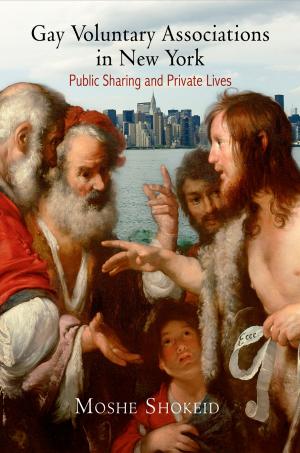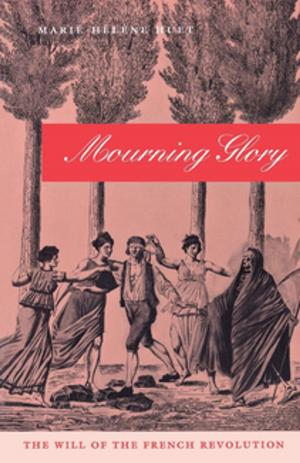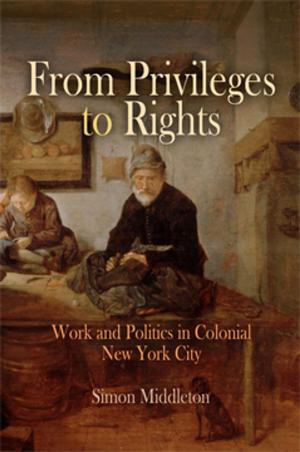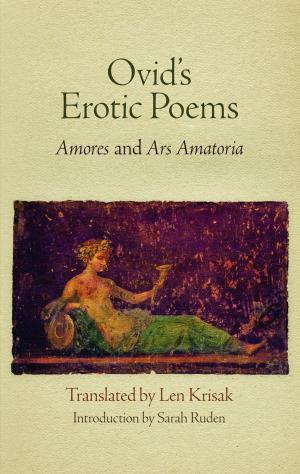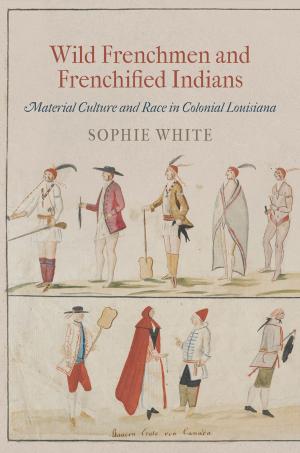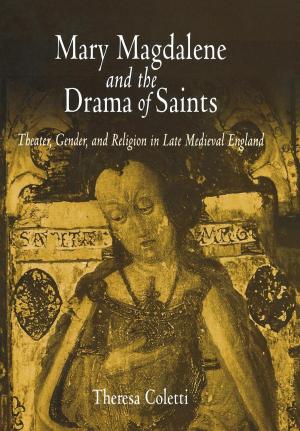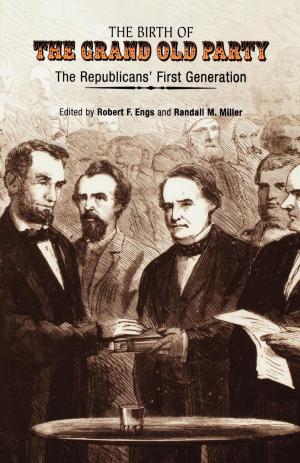Righteous Persecution
Inquisition, Dominicans, and Christianity in the Middle Ages
Nonfiction, History, Medieval, Religion & Spirituality, Christianity, Church| Author: | Christine Caldwell Ames | ISBN: | 9780812201093 |
| Publisher: | University of Pennsylvania Press, Inc. | Publication: | May 22, 2013 |
| Imprint: | University of Pennsylvania Press | Language: | English |
| Author: | Christine Caldwell Ames |
| ISBN: | 9780812201093 |
| Publisher: | University of Pennsylvania Press, Inc. |
| Publication: | May 22, 2013 |
| Imprint: | University of Pennsylvania Press |
| Language: | English |
Righteous Persecution examines the long-controversial involvement of the Order of Preachers, or Dominicans, with inquisitions into heresy in medieval Europe. From their origin in the thirteenth century, the Dominicans were devoted to a ministry of preaching, teaching, and pastoral care, to "save souls" particularly tempted by the Christian heresies popular in western Europe. Many persons then, and scholars in our own time, have asked how members of a pastoral order modeled on Christ and the apostles could engage themselves so enthusiastically in the repressive persecution that constituted heresy inquisitions: the arrest, interrogation, torture, punishment, and sometimes execution of those who deviated in belief from Roman Christianity.
Drawing on an extraordinarily wide base of ecclesiastical documents, Christine Caldwell Ames recounts how Dominican inquisitors and their supporters crafted and promoted explicitly Christian meanings for their inquisitorial persecution. Inquisitors' conviction that the sin of heresy constituted the graver danger to the Christian soul and to the church at large led to the belief that bringing the individual to repentance—even through the harshest means—was indeed a pious way to carry out their pastoral task. However, the resistance and criticism that inquisition generated in medieval communities also prompted Dominicans to consider further how this new marriage of persecution and holiness was compatible with authoritative Christian texts, exemplars, and traditions. Dominican inquisitors persecuted not despite their faith but rather because of it, as they formed a medieval Christianity that permitted—or demanded—persecution.
Righteous Persecution deviates from recent scholarship that has deemphasized religious belief as a motive for inquisition and illuminates a powerful instance of the way Christianity was itself vulnerable in a context of persecution, violence, and intolerance.
Righteous Persecution examines the long-controversial involvement of the Order of Preachers, or Dominicans, with inquisitions into heresy in medieval Europe. From their origin in the thirteenth century, the Dominicans were devoted to a ministry of preaching, teaching, and pastoral care, to "save souls" particularly tempted by the Christian heresies popular in western Europe. Many persons then, and scholars in our own time, have asked how members of a pastoral order modeled on Christ and the apostles could engage themselves so enthusiastically in the repressive persecution that constituted heresy inquisitions: the arrest, interrogation, torture, punishment, and sometimes execution of those who deviated in belief from Roman Christianity.
Drawing on an extraordinarily wide base of ecclesiastical documents, Christine Caldwell Ames recounts how Dominican inquisitors and their supporters crafted and promoted explicitly Christian meanings for their inquisitorial persecution. Inquisitors' conviction that the sin of heresy constituted the graver danger to the Christian soul and to the church at large led to the belief that bringing the individual to repentance—even through the harshest means—was indeed a pious way to carry out their pastoral task. However, the resistance and criticism that inquisition generated in medieval communities also prompted Dominicans to consider further how this new marriage of persecution and holiness was compatible with authoritative Christian texts, exemplars, and traditions. Dominican inquisitors persecuted not despite their faith but rather because of it, as they formed a medieval Christianity that permitted—or demanded—persecution.
Righteous Persecution deviates from recent scholarship that has deemphasized religious belief as a motive for inquisition and illuminates a powerful instance of the way Christianity was itself vulnerable in a context of persecution, violence, and intolerance.



